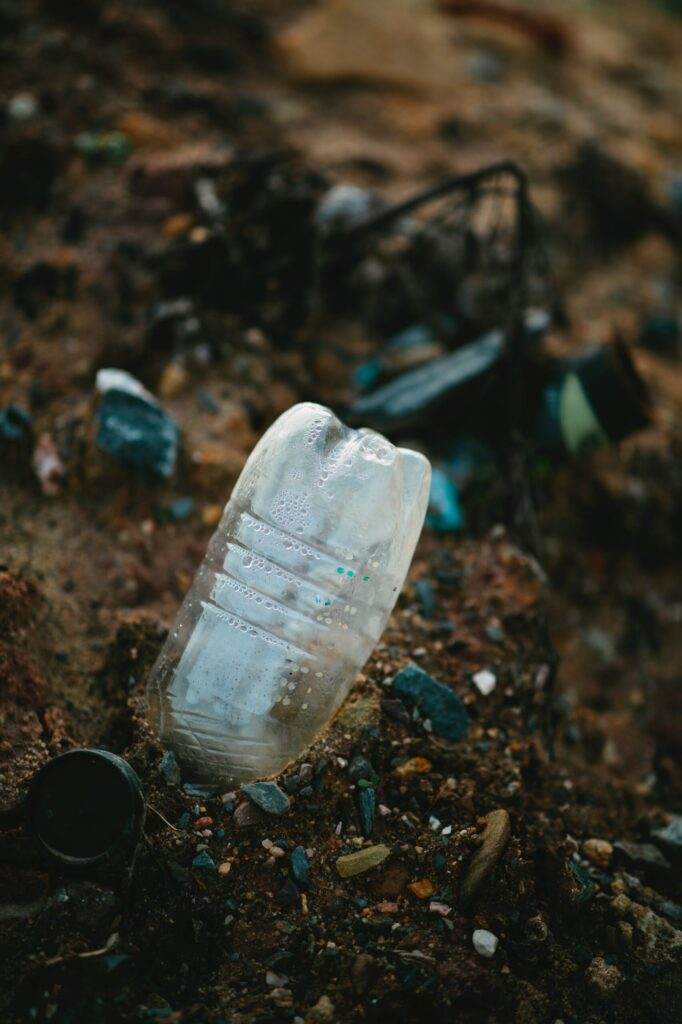
Plastic pollution and the disposal of single-use plastic packaging are critical sustainability issues. Currently, we generate roughly 300 million tonnes of plastic waste every year, which is equivalent to the weight of the entire human population. Since the early 1950s, it’s estimated that more than 8 billion tonnes of fossil-based plastic have been produced, with approximately 60% of it ending up in either landfills or the natural environment. Plastic waste can persist in the environment for centuries, whether in rivers, oceans, or on land, causing significant environmental harm.
Avecom contributes to the development of new generation of polymers, that can be applied in the plastics industry and the chemical industry. Our fermentation platforms convert wastes and low-value side streams into biodegradable and biobased alternatives, hereby contributing to a economically competitive bioeconomy.
The first solution to plastic pollution is our production of biobased polymers like Poly(3-hydroxybutyrate-co-3-hydroxyvalerate) (PHBV). Our PHBV is non-toxic, biodegradable, and biocompatible. It’s made using non-GMO bacteria in a proprietary fermentation process and is an excellent alternative to non-biodegradable synthetic polymers. It’s already being successfully tested in applications such as food packaging.
YPACK: Conversion of whey into PHBV for application in food packaging solutions.
ECOPLASTIC: Conversion of mixed plastic waste into high-performance biopolymers that can be perpetually recycled.